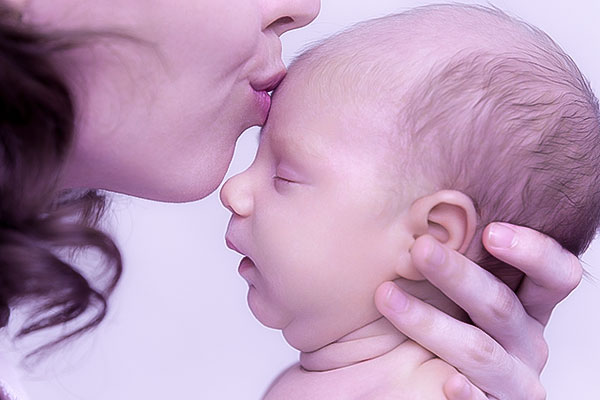Pregnancy after 40
We have reached a point where there is a conflict between the age to be a mother in our current society and the biological age to be a mother.
Although it sounds crazy, from a biological point of view, a woman is ready to become a mother after one year with regular menstruation, around the age of 16.
Her fertility remains intact until she is 27 years old, when she begins to drop a bit and from the age of 35, her oocyte quality drops drastically. However, at the age of 16 we are still in school and we are neither psychologically nor financially prepared to start a family.
Between developing a professional career, having emotional and economic stability and looking for a partner (the one who wants it) we consider being mothers at thirty-something.
In recent years, with the development of assisted reproductive techniques, it is possible that many women seeking to become pregnant over 40 years of age will achieve their goal.
Thanks to treatments such as in vitro fertilization, the probability of pregnancy is increased, when there is still an adequate ovarian reserve, however, if the ovarian reserve is very low, egg donation can be used to achieve your pregnancy goal.
Donors are healthy, young girls who donate their eggs to reproduction centers for use by women with fertility problems. These eggs are fertilized in the laboratory and later the best quality embryos are transferred to the patient, increasing the success rate compared to IVF with own eggs. In this way, many women manage to fulfill their dream, to be a mother over 40.
It is also possible to “cheat” the body by vitrifying (freezing) the ovules at ages with the highest reproductive potential (25-30 years), that is, ages when the ovarian reserve is high, in order to subsequently search for pregnancy through an IVF process.
With vitrification you avoid having to resort to egg donation in the future and thus be able to carry out a fertility procedure with your own oocytes to transmit your genetic descendants.
However, with the vitrification of eggs at young ages or egg donation we solve the problem of infertility related to the ovarian reserve, but we do not eliminate the possible risks derived from age in relation to pregnancy, such as gestational diabetes, and arterial hypertension, among the most frequent.
Regarding risks for the baby, the following may occur:
The psychological part is also affected in an important way, since there are many questions about whether we will have enough tolerance to educate a baby, if it will be possible to enjoy a child and be able to see him in his adult stage, if they will have the energy necessary to be able to enjoy together with him the games and pleasures of each stage of his life.
It is natural
There are many doubts and uncertainty about what it means to be parents after a certain age, so it is important once you decide to be parents at 40 to seek psychological advice.
